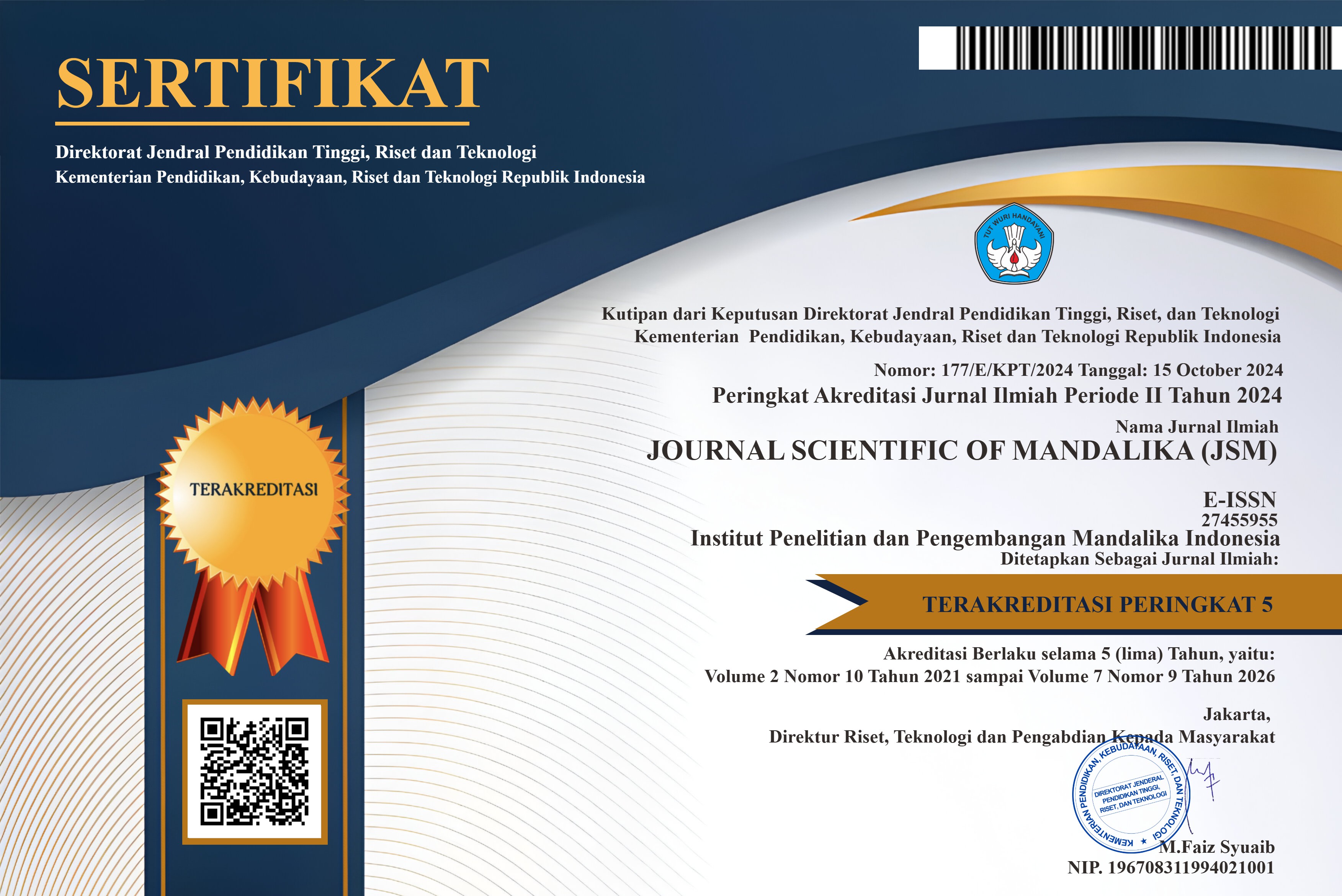Strategi Manajemen Proyek yang Efektif untuk Meningkatkan Ketepatan Waktu Implementasi ERP di Era Digital
Abstract
Effective project management strategies are critical to ensuring the timely implementation of Enterprise Resource Planning (ERP) systems in the digital era. ERP systems are increasingly essential for organizations to streamline operations, enhance efficiency, and gain a competitive edge. However, many ERP projects face delays due to inadequate planning, resource allocation, and stakeholder management. This study employs a qualitative approach using literature review and library research methods to analyze the factors contributing to successful ERP implementation within project management frameworks. The findings reveal that clear goal setting, comprehensive risk management, and strong leadership are essential for maintaining project timelines. Additionally, effective communication and collaboration between stakeholders significantly influence project success. The study highlights the importance of agile methodologies and change management practices in addressing challenges related to evolving technology and dynamic business environments. Moreover, the integration of digital tools, such as cloud-based project management platforms and real-time tracking systems, supports better decision-making and resource optimization. This research provides actionable insights into how organizations can adopt tailored project management strategies to ensure timely ERP implementation. By focusing on the interplay between leadership, technology, and communication, the study emphasizes the need for continuous monitoring, adaptive planning, and stakeholder engagement to mitigate delays and enhance project outcomes. These findings contribute to the growing body of knowledge on effective project management in the digital age.
Copyright (c) 2025 Halim Tjiwidjaja

This work is licensed under a Creative Commons Attribution-ShareAlike 4.0 International License.













